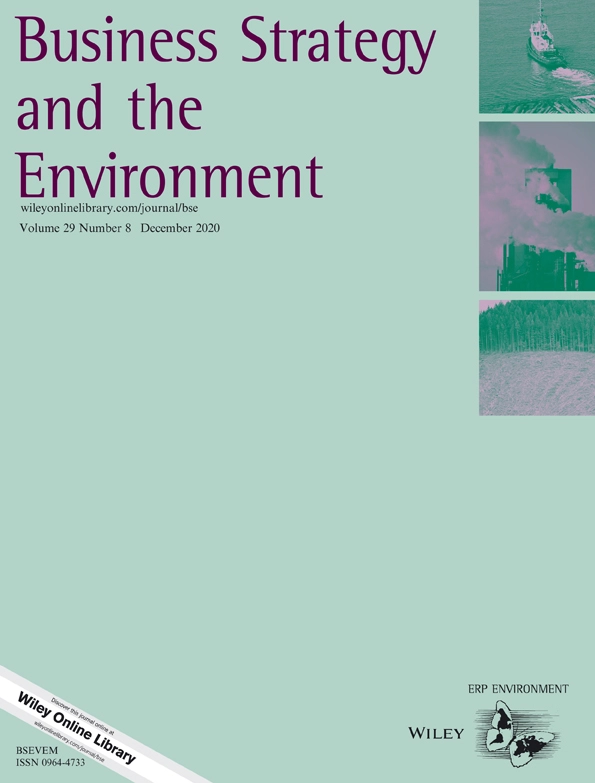|
Authors |
Abstract This study applies panel data regression models to investigate how the stock market values the environmental policy of the firm. The empirical analysis relies on a cross‐country sample of public firms for the period between 2014 and 2017 and uses the ratings of environmental performance (EP) released by Eikon Thomson Reuters. For the first time in the related literature, the price‐to‐sales multiple is used to capture the assessment of the stock market towards EP. The study reveals that firms with the highest (lowest) scores of EP are quoted at significantly lower (higher) price‐to‐sales multiples than other firms, indicating a negative perception of the stock market towards EP. This finding is mostly driven by firms from the American region (United States and Canada). However, even in the Scandinavian region, considered as the most advanced area with regard to the concern towards environmental issues, stock market participants do not seem to have a positive view of EP. These results are robust to various checks and, particularly, to the use of the Tobin Q ratio as an alternative indicator of the stock market perceptions. The inference of this analysis suggests that the negative assessment of the stock market towards EP may constitute a deterrent for achieving more environmentally committed firms, making it difficult to accomplish the United Nations' Sustainable Development agenda. |
Altmetrics
|
|
Journal Business strategy and the environment, December 2020, v.29, n.8, p.3273-3285 |
||
|
Publication date 2020-12-01 |
||
|
DOI |



